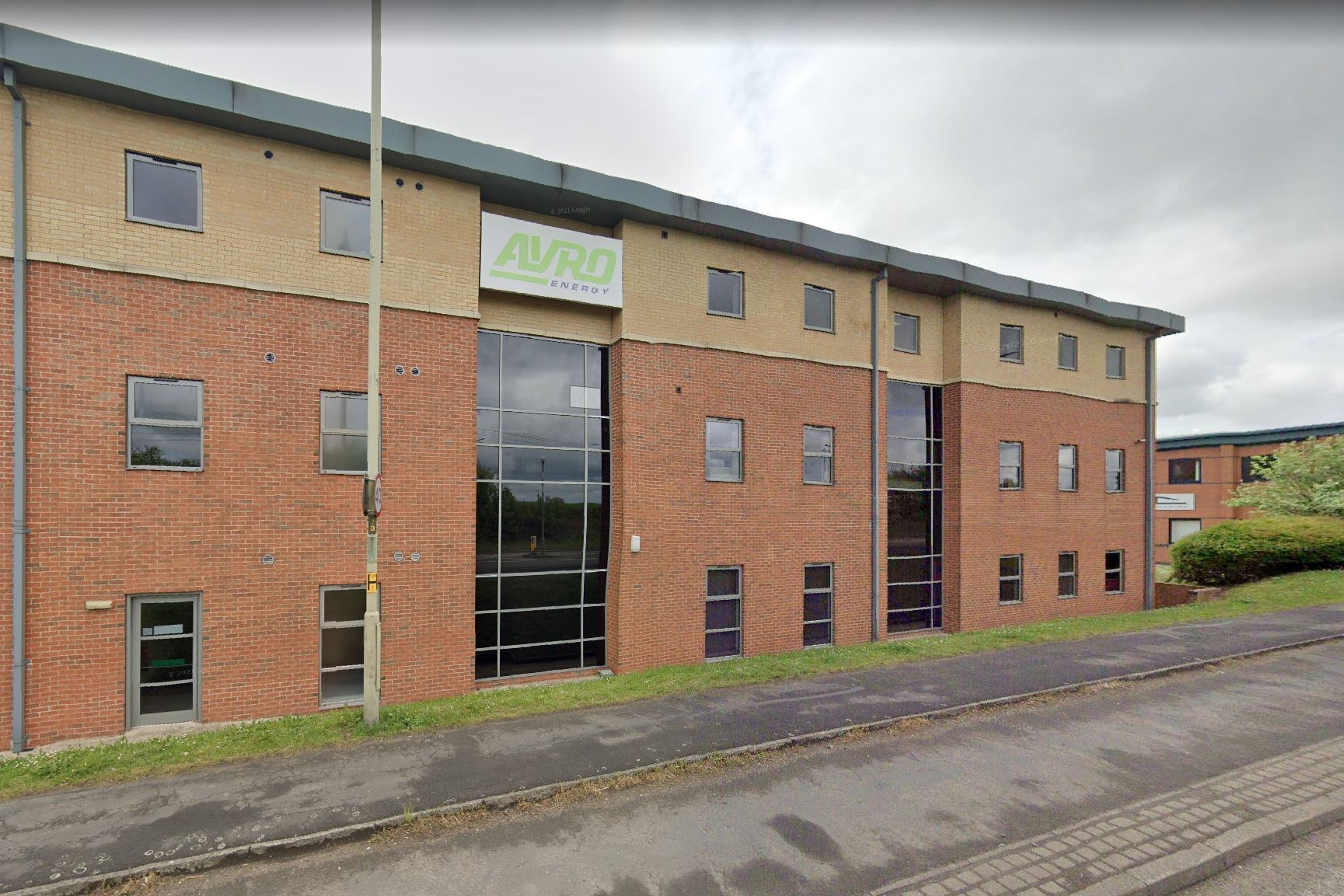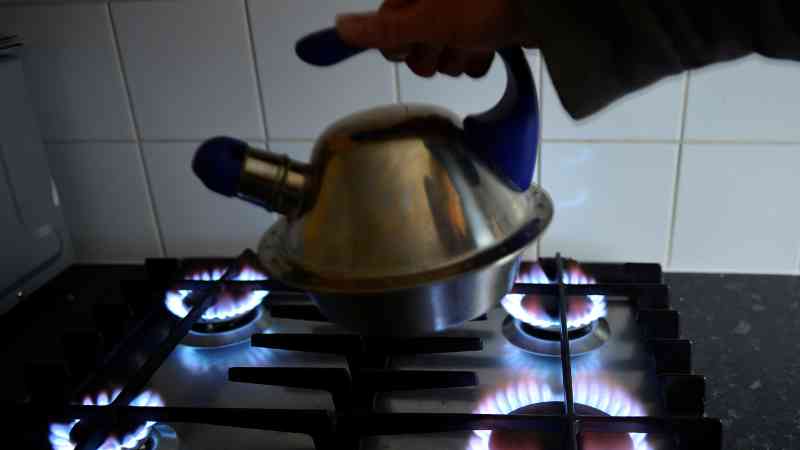Avro Energy, with 580,000 household customers, has become the biggest energy supplier so far to collapse amid soaring gas prices.
More than 800,000 households face being moved to more expensive tariffs with new suppliers after Avro and Green, which has 255,000 customers, both ceased trading today.
Avro was founded in 2015 and grew rapidly by frequently offering some of the cheapest deals in the market, even as wholesale prices have soared.
Jake Brown, Avro’s 27-year-old chief executive, has not responded to requests for comment in recent days.
In a statement on its website it said: “Avro Energy is ceasing to trade. Ofgem, the energy regulator, is appointing a new supplier for its customers.”
Signs of trouble at the supplier had been mounting after Ofgem last week threatened to strip the company of its licence unless it handed over financial information it had failed to supply since it was requested in August.
The Times view on the gas and energy crisis: Bailout Britain
Its troubles deepened after the industry panel that governs suppliers’ trading in wholesale markets recommended yesterday that Avro be banned from operating.
Meanwhile Peter McGirr, chief executive of Green, had warned this week that his company would not survive the winter.
The latest collapses mean that seven suppliers have now gone bust since the start of August as wholesale prices have soared. Experts have warned that many more are in trouble. In total 31 have gone bust since late 2016; prior to Avro the biggest to date had 360,000 customers.

The government has been in crisis talks with industry over how to manage the likely collapses. Larger suppliers have warned that they cannot absorb high numbers of customers from defunct suppliers because soaring wholesale prices mean they cannot afford to buy the energy for them cheaply enough to supply customers within the government’s price cap on bills.
Avro posted a loss of £28 million for the 18 months to June 2019, the most recent period for which accounts are available. The company has long shrugged off questions over its financial health; in 2016 Brown declared himself “shocked” at the failure of GB Energy and said the rising wholesale prices that led to that supplier’s demise were “simple economics”.
All electricity suppliers must be members of the Balancing & Settlement Code (BSC), the system used to settle up wholesale power trading. All suppliers are required to post credit to cover potential charges they may incur — such as if they have failed to buy enough electricity to supply their customers’ usage. Companies that fail to post enough credit are deemed to be “in default”.
The BSC panel, which governs the system, said yesterday that not only was Avro in credit default but that it had failed to “sufficiently reduce its Credit Cover Percentage over a period of two working days” and has provided “no information … to indicate that there was a strategy in place or actions under way to resolve the default”.
As a result the BSC recommended that Avro be expelled from the BSC in 28 days. Tom Edwards, a member of the panel that took the decision said: “That’s a big deal: the BSC is the rulebook for how the electricity market functions and it’s a licence requirement to be a BSC party. If they were no longer a BSC party they would no longer be able to trade, their customers would have to be moved to another supplier.”
The panel has also recommended Avro be barred from registering new meters — effectively barring it from taking on new customers — as soon as possible, and in the meantime has barred Avro from removing any of the credit that it has posted.
Edwards said: “In order to protect the rest of the market, the balancing panel has the powers to restrict their activities so that they don’t accrue any more charges, and that they can’t withdraw their credit, and collateral — so that essentially if they do fail then we keep that money and use it to pay off the money they owe.”
